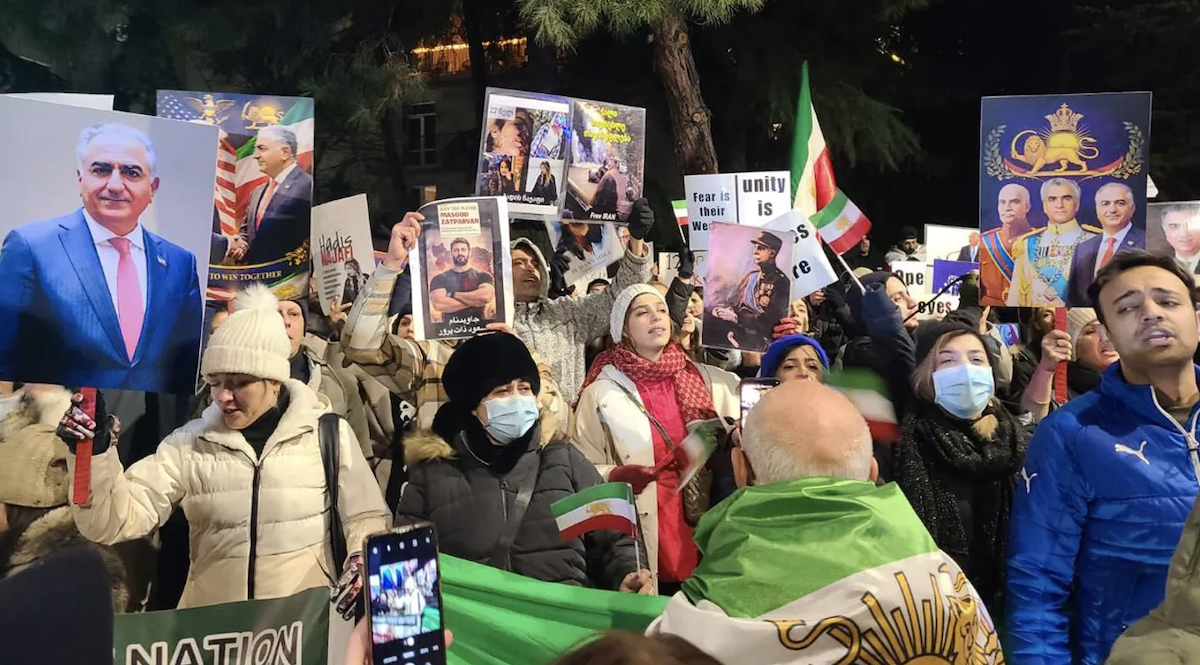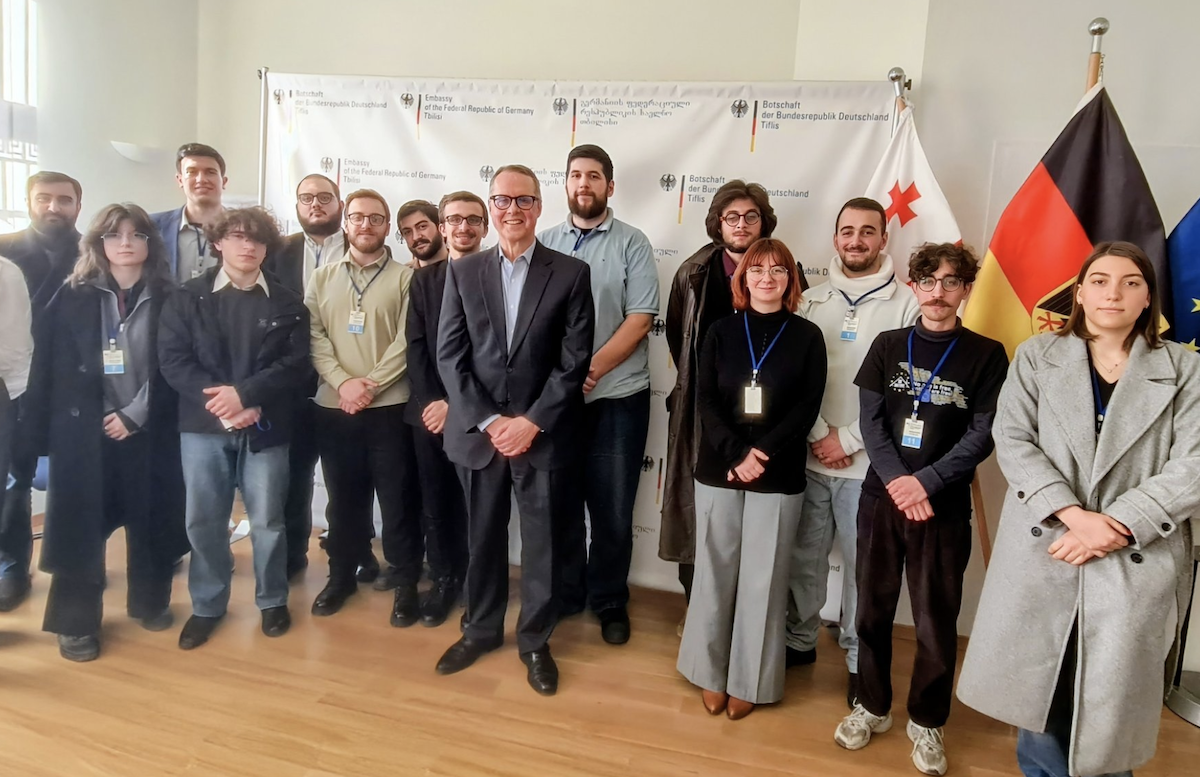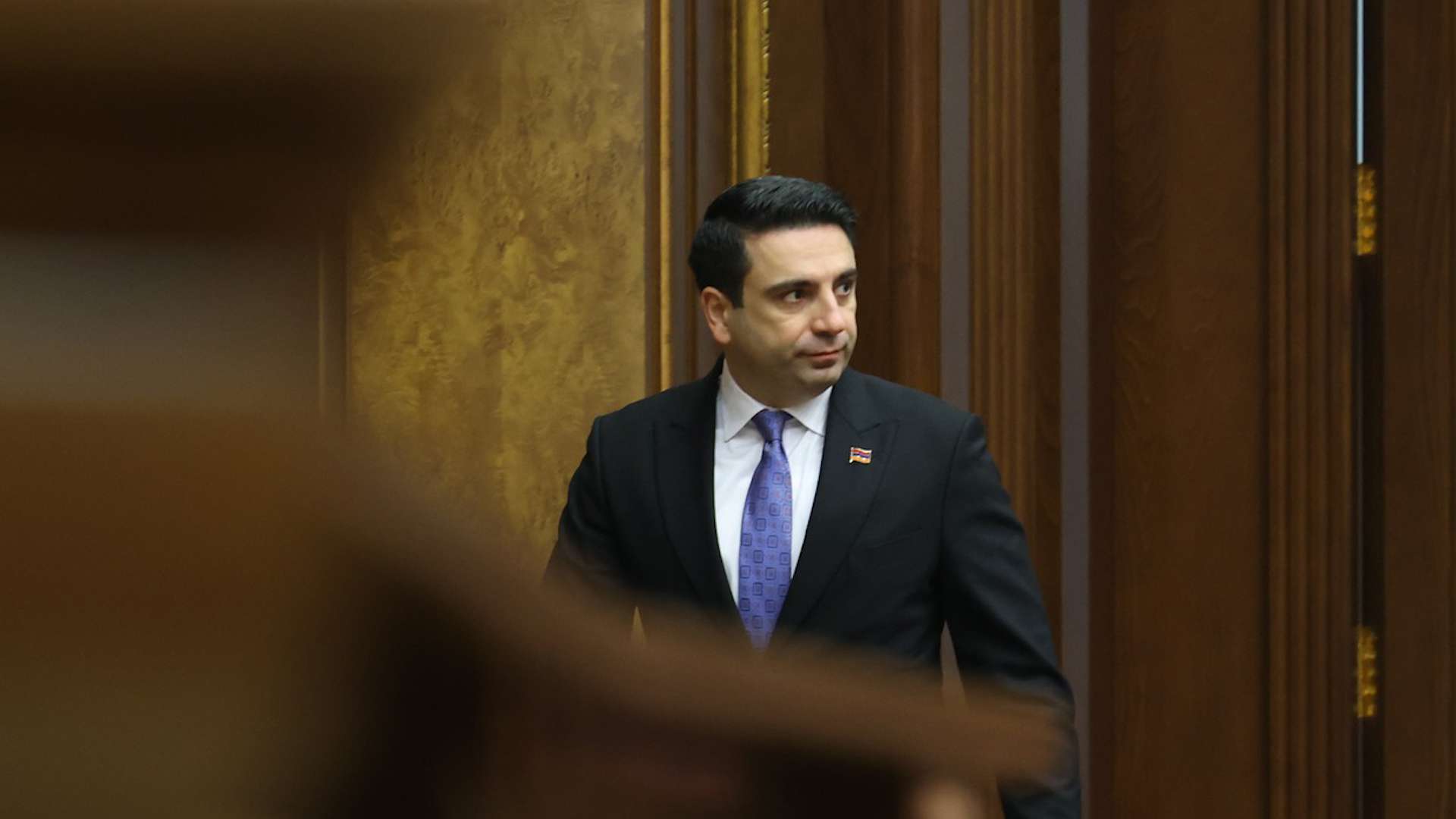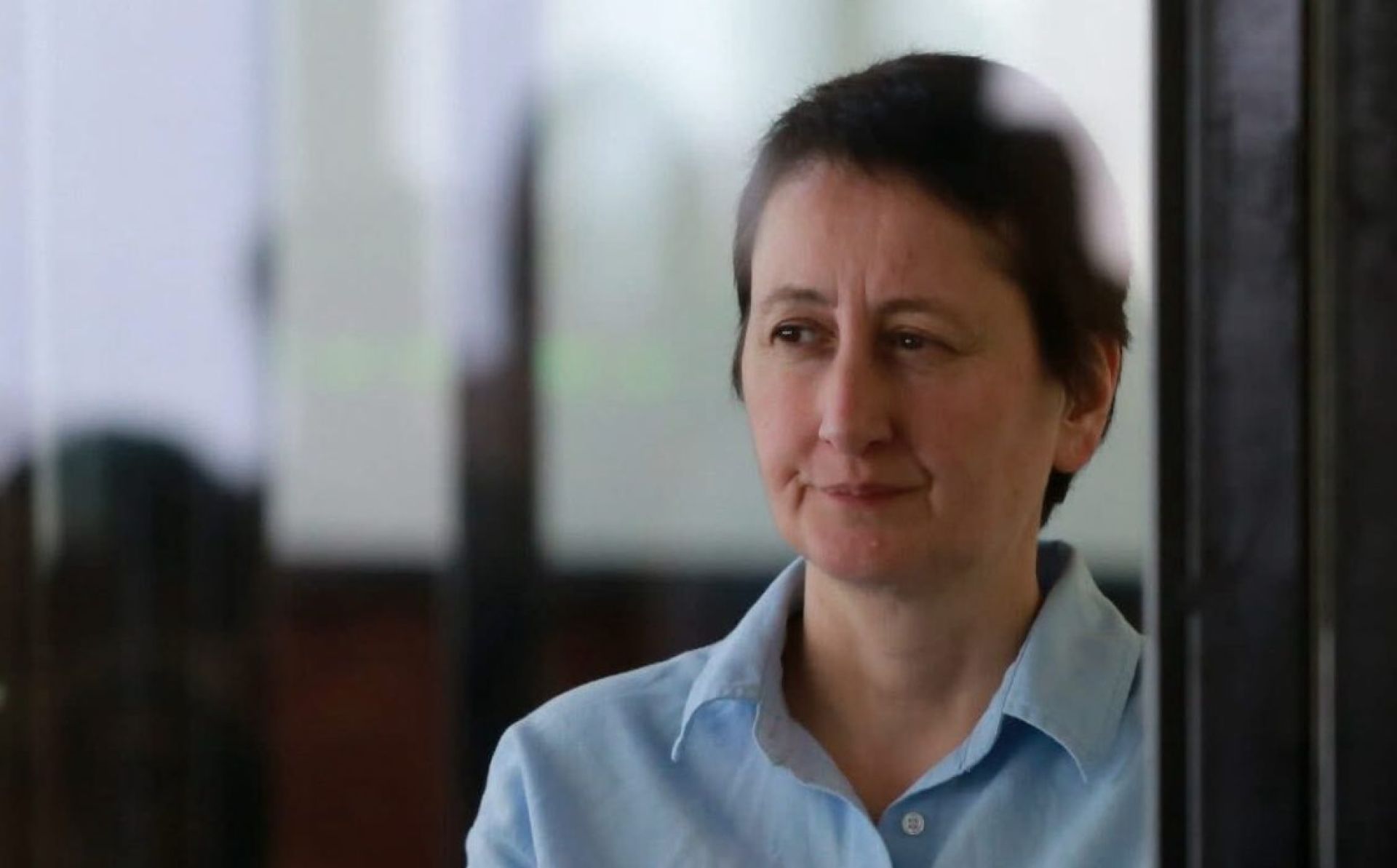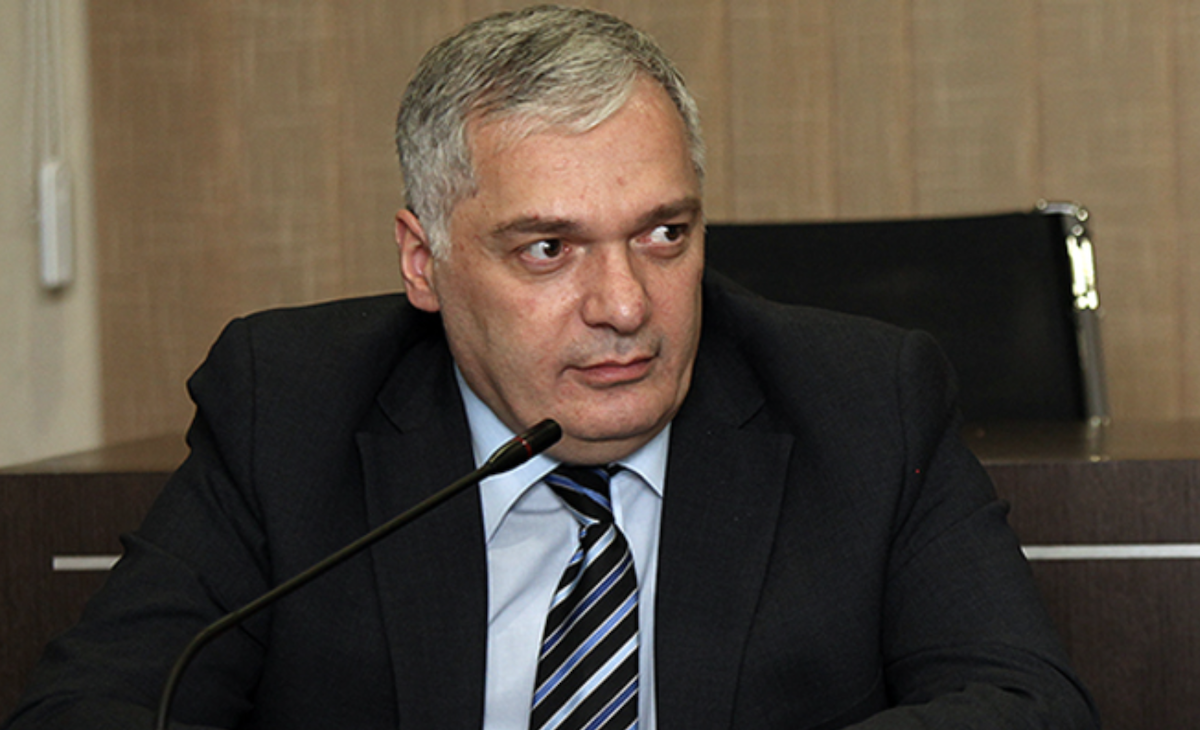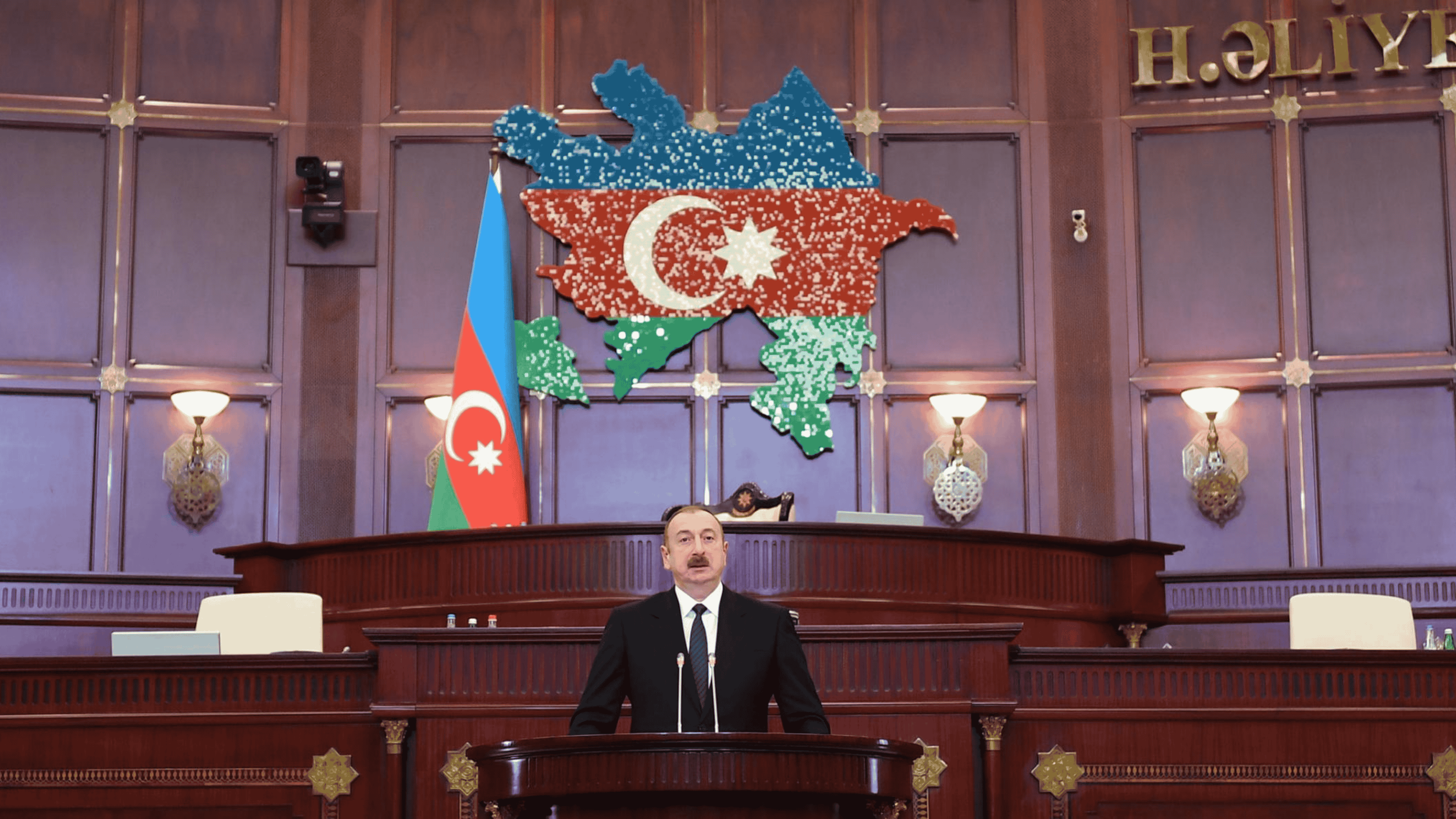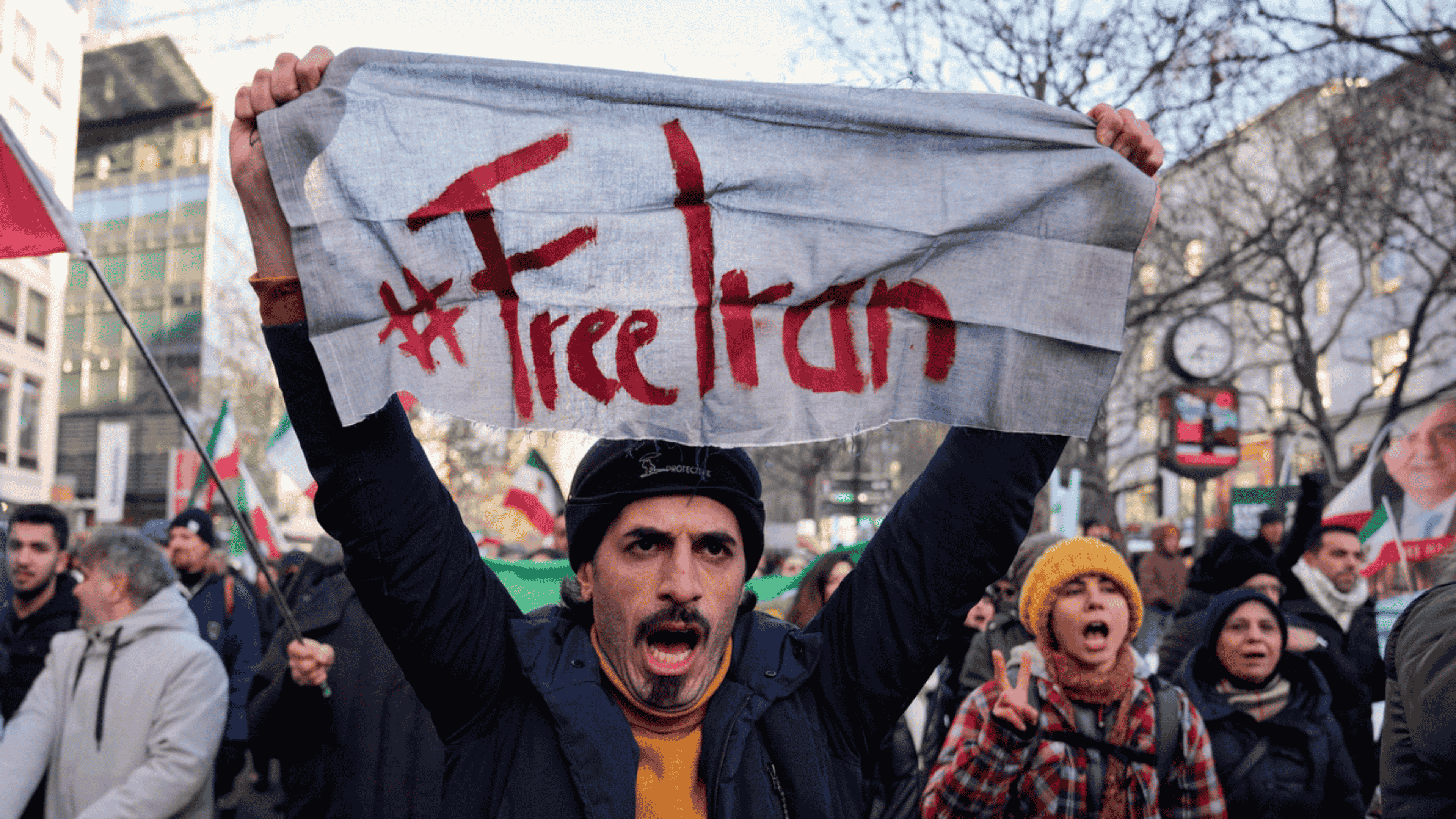Georgian Prime Minister proposes expansion of the Geneva format
Photo: REUTERS/David Mdzinarashvili
The Georgian government wants to expand the Geneva format and the “Abashidze-Karasin” format, intending to present a ‘highly interesting package of proposals’ in regard to the reconciliation policy. Prime Minister Kvirikashvili entered the meeting held with parliamentary opposition with a statement prepared.
The Prime Minister said that the country is conducting an ‘active dialogue’ with strategic partners about the ‘significant revitalization of the Geneva format to increase the level of representation, and expand the mandate to such an extent that will allow us to begin discussing political methods of settling conflicts’.
According to him, Tbilisi wants to increase the level of representation of participants in the Geneva talks. He said that he is ready to sit down at the negotiating table himself: “It’s necessary to pass the matter from the level of the Deputy Minister to ministerial level, and I am personally prepared for negotiations to transfer to premier level. I am ready to participate personally in the activities of the Geneva format.”
“Additionally, we are prepared, asking, and demanding that our strategic partners expand the mandate of the ceasefire agreement to a format that allows for negotiations of a political settlement of the conflict,” said the Prime Minister. At the same time the Prime Minister also stressed that ‘Russia’s current actions don’t give us much hope for the implementation of such a plan’.
“Nevertheless, I believe that we should take a constructive approach and implement it step by step,” Kvirikashvili said.
After the August 2008 war, all direct contact between Russia and Georgia ended, and the Geneva International Format for Negotiations was created. The decision to create such a format for political discussions was adopted in accordance with the ceasefire agreement of 12 August 2008. There are four rounds of negotiations annually. In addition to Georgia and Russia, representatives from the US as well as representatives and co-chairs from the UN, the EU and OSCE attend the Geneva talks. Representatives from Tskhinvali and Sukhumi are also involved in the discussions.
The Geneva international negotiations are held in two groups working in parallel: the first deals with security issues (progress between Russia and Georgia on the announcement of non-use of force and the establishment of an international security mechanism in occupied regions of Georgia for example); the second group deals with the problems of forcibly displaced persons and issues related to the return of refugees and other humanitarian issues (such as education in their native language, protection of cultural heritage, free movement along the line of occupation etc.). Political aspects don’t affect the Geneva format.
As the ‘Georgian Dream’ party came to power in Georgia, the settlement of relations with Russia was declared a priority. In 2013 direct dialogue between Georgia and Russia was restored. The former Prime Minister of Georgia, Bidzina Ivanishvili, established the post of personal representative of the Prime Minister of Georgia on relations with Russia and appointed diplomat Zurab Abashidze who had experience as an Ambassador in Russia. After that, a new format for direct negotiations with Russia was created in the form of regular meetings between Zurab Abashidze and Deputy Foreign Minister Grigory Karasin. Their tasks were related to the economic, cultural, and humanitarian spheres. Based on the agreements reached using the Karasin-Abashidze format, the export of Georgian products, fruits, vegetables, wine, and mineral waters was restored to the Russian market in 2013. Regular flights between Georgia and Russia were also resumed.











